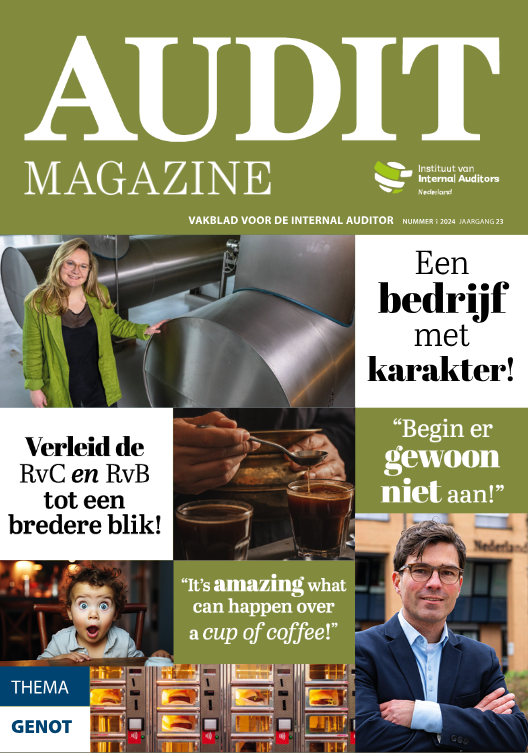Supporting Diversity, Equity, and Inclusion from the Inside Out How internal auditors can shape corporate culture for the broader organization and within their own function
From the mailroom to the boardroom, the workplace is changing in profound ways. Likewise, so is internal audit’s role, which has already broadened to encompass emerging areas such as environmental, social, and governance (ESG) reporting and culture risk—of which diversity, equity, and inclusion (DEI) is an important element.
To help internal auditors add value by bringing their insights and expertise to the evaluation of corporate culture, Deloitte, the Internal Audit Foundation, and the Institute of Internal Auditors developed a three-part series on internal audit’s opportunity and obligation to help foster a diverse, equitable, and inclusive culture by starting within its own function. The first paper, Diversity, Equity, and, Inclusion 101: Internal Audit’s Invaluable Role in Creating a Sense of Belonging at Work, focused on how internal audit can help shape corporate culture and accelerate the movement toward greater diversity, equity, and inclusivity throughout the organization, from top to bottom. By embedding DEI concepts into its roles and responsibilities, internal audit can support management in meeting their DEI objectives by providing assurance, serving as a trusted advisor, and acting as a change agent. The paper also presents some risks internal auditors should consider when performing DEI reviews, such as the risk of using an incomplete methodology, focusing too narrowly, relying solely on a top-down approach, and seeking a quick fix.
The second piece in the series, Driving an Inclusive Culture: Internal Audit’s Role in Recruiting, Retaining, and Developing Diverse Talent, explained how internal audit can help foster inclusion in DEI recruitment, retention, and development by working across the four As—Assure, Advise, Anticipate, and Accelerate. It also presented leading practices for obtaining a mix of traits and acquired factors, such as skills, experiences, and backgrounds, and emphasized the importance of allyship in promoting inclusion.
As the third and final piece in the series, this paper details how internal audit can practically apply audit techniques within its own function, at the enterprise level, and among stakeholders to support management in achieving its DEI objectives. This generally can be accomplished by providing insight into cultural risks, assessing DEI initiatives, and leading by example.






